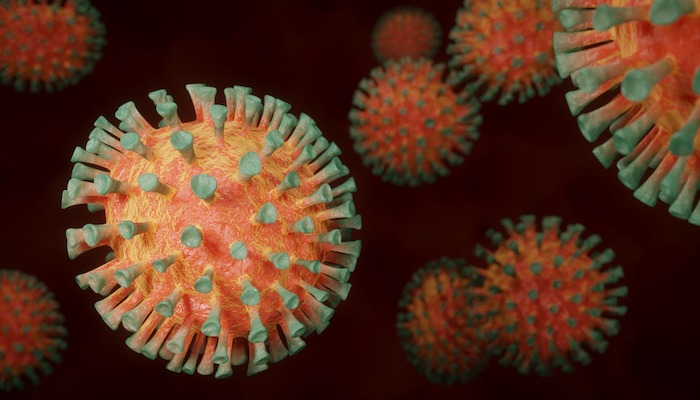
Seattle: Scientists have found that a variant of the coronavirus, dubbed the Epsilon strain, has more resistance to vaccines, thereby somewhat neutralising their effectiveness.
“The mutations give this coronavirus variant of concern a means to totally evade specific monoclonal antibodies used in clinics and reduces the effectiveness of antibodies from the plasma of vaccinated people,” said the University of Washington’s School of Medicine, one of the institutions involved in research into the Epsilon strain.
The project was led by David Veesler of UW’s Department of Biochemistry, and Luca Piccoli and Davide Corti of Vir Biotechnology.
The Epsilon variant is the name given to the B.1.427/B.1.429 lineages of the virus, which was first discovered in the US in the summer of 2020.
Studies found that the ability of plasma to fight the virus from patients who had previously been infected with COVID-19 was reduced by about two to three and a half times when exposed to the Epsilon variant.
“Epsilon mutations were responsible for rearrangements in critical areas of the spike glycoprotein,” added the release from UW. “Electron cryo-microscopy studies showed structural changes in these areas. Visualising these mutations help explain why antibodies had difficulty binding to the spike glycoprotein.
“One of the three mutations in the Epsilon variant affected the receptor binding domain on the spike glycoprotein,” added the university. “This mutation reduced the neutralising activity of 14 out of 34 neutralising antibodies specific to that domain, including clinical stage antibodies.”
The findings of the scientists have been published in the journal Science, where their research is explained in-depth.
“The fast rise in the number of cases associated with the B.1.427/B.1.429 lineages led to their classification as a variant of concern by the US Centre for Disease Control,” they added in their research paper.